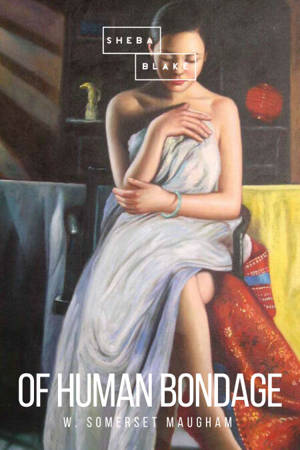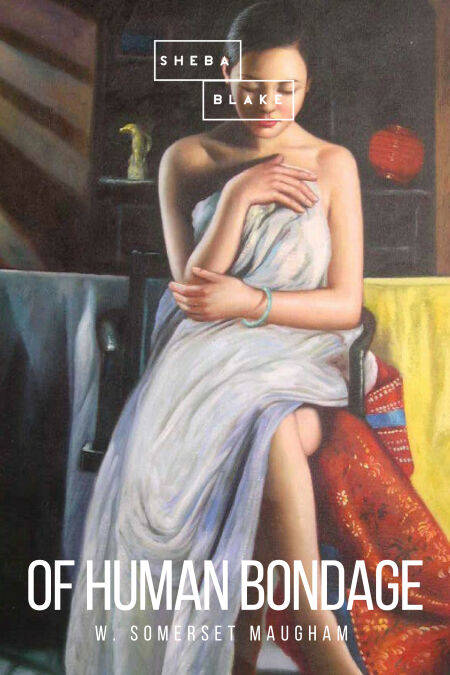
Bedankt voor het vertrouwen het afgelopen jaar! Om jou te bedanken bieden we GRATIS verzending (in België) aan op alles gedurende de hele maand januari.
- Afhalen na 1 uur in een winkel met voorraad
- In januari gratis thuislevering in België
- Ruim aanbod met 7 miljoen producten
Bedankt voor het vertrouwen het afgelopen jaar! Om jou te bedanken bieden we GRATIS verzending (in België) aan op alles gedurende de hele maand januari.
- Afhalen na 1 uur in een winkel met voorraad
- In januari gratis thuislevering in België
- Ruim aanbod met 7 miljoen producten
Zoeken
€ 2,99
+ 2 punten
Uitvoering
Omschrijving
Of Human Bondage is a novel by W. Somerset Maugham. It is generally agreed to be his masterpiece and to be strongly autobiographical in nature, although Maugham stated, "This is a novel, not an autobiography, though much in it is autobiographical, more is pure invention." Maugham, who had originally planned to call his novel Beauty from Ashes, finally settled on a title taken from a section of Spinoza's Ethics. The Modern Library ranked Of Human Bondage No. 66 on its list of the 100 best English-language novels of the 20th century. The book begins with the death of Helen Carey, the much beloved mother of nine-year-old Philip Carey. Philip has a club foot and his father had died a few months before. Now orphaned, he is sent to live with his aunt Louisa and uncle William Carey. Early chapters relate Philip's experiences at his uncle's vicarage. Aunt Louisa tries to be a mother to Philip, but his uncle takes a cold disposition towards him. Philip's uncle has a vast collection of books, and Philip enjoys reading to find ways to escape his mundane existence. Less than a year later, Philip is sent to a boarding school. His uncle and aunt wish for him to eventually attend Oxford. Philip's disability and sensitive nature make it difficult for him to fit in with the other students. Philip is informed that he could have earned a scholarship for Oxford, which both his uncle and school headmaster see as a wise course, but Philip insists on going to Germany.
Specificaties
Betrokkenen
- Auteur(s):
- Uitgeverij:
Inhoud
- Aantal bladzijden:
- 553
- Taal:
- Engels
Eigenschappen
- Productcode (EAN):
- 9783961895052
- Verschijningsdatum:
- 27/04/2017
- Uitvoering:
- E-book
- Formaat:
- ePub

Alleen bij Standaard Boekhandel
+ 2 punten op je klantenkaart van Standaard Boekhandel
Beoordelingen
We publiceren alleen reviews die voldoen aan de voorwaarden voor reviews. Bekijk onze voorwaarden voor reviews.









